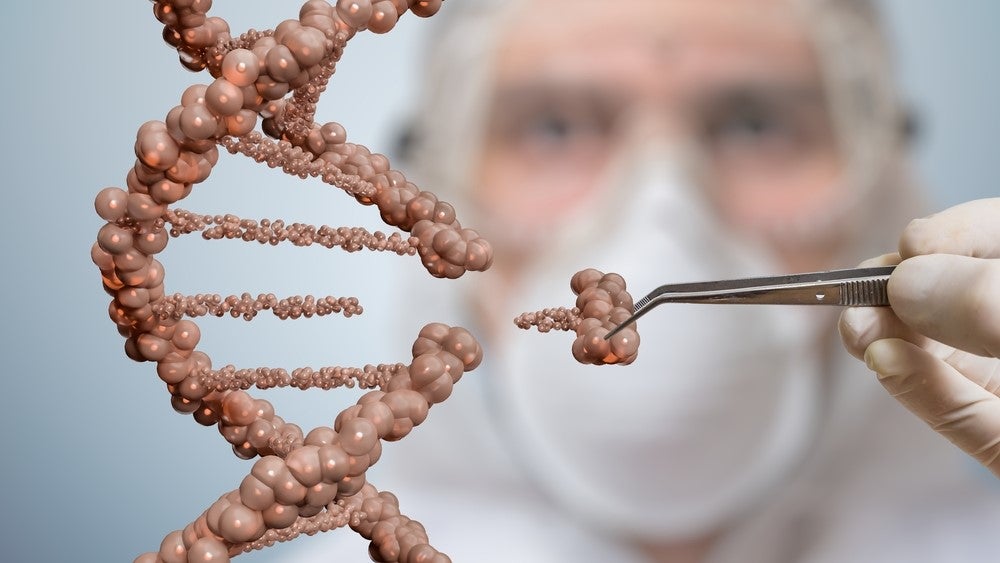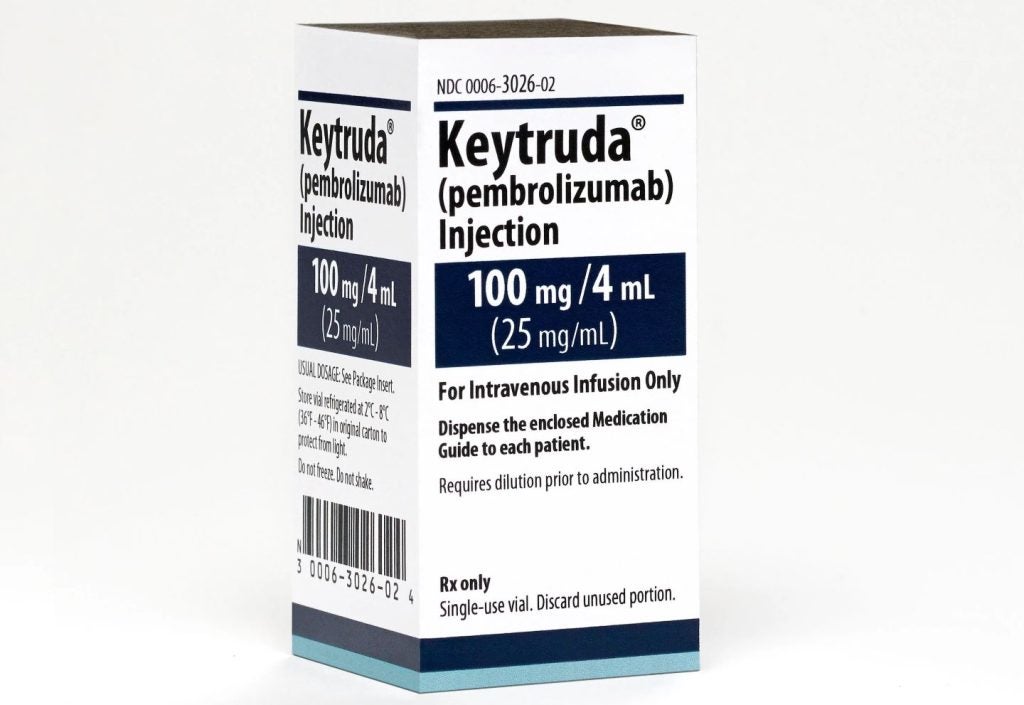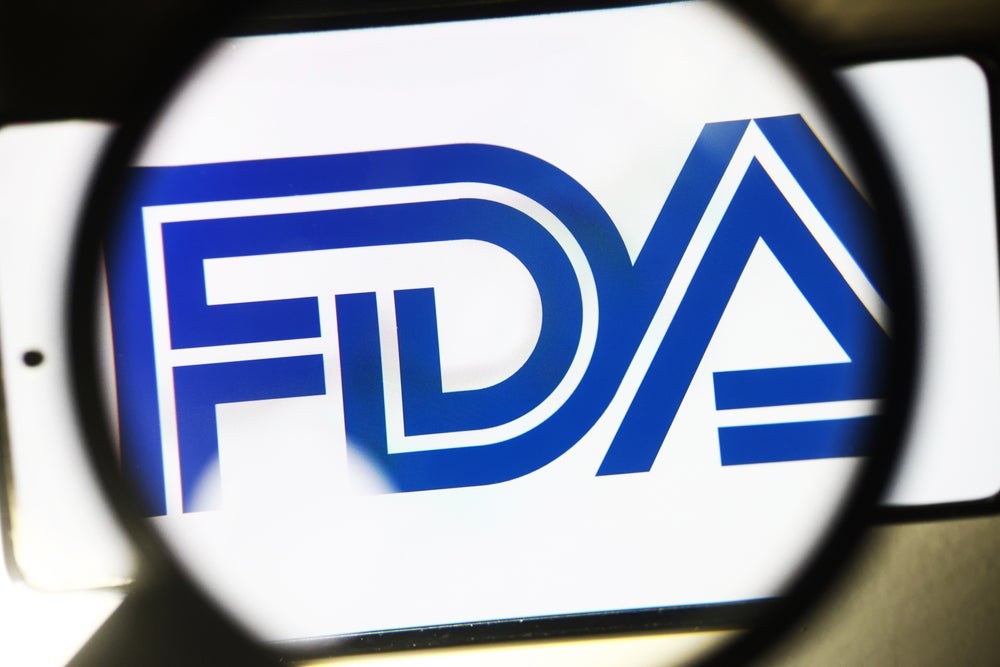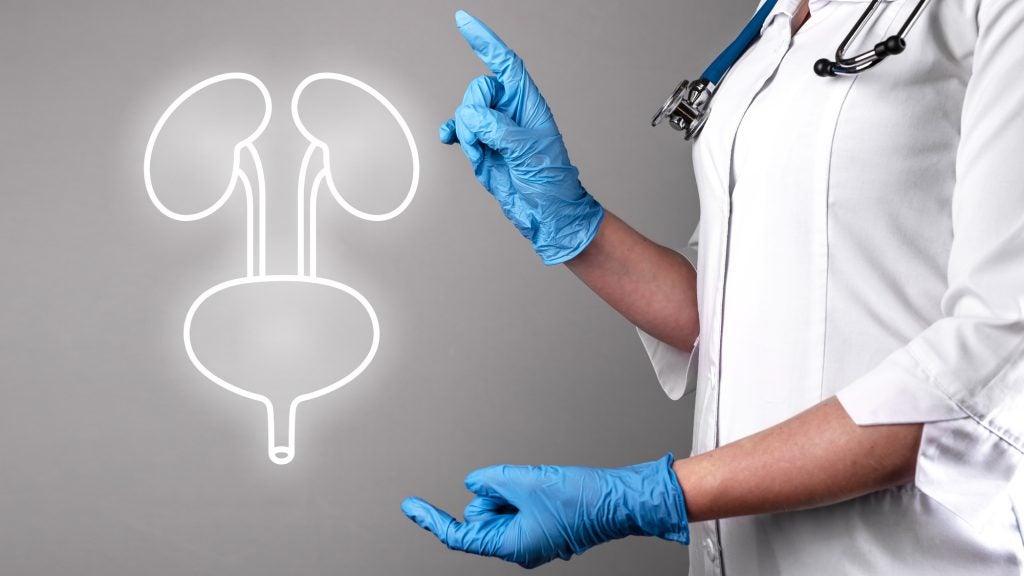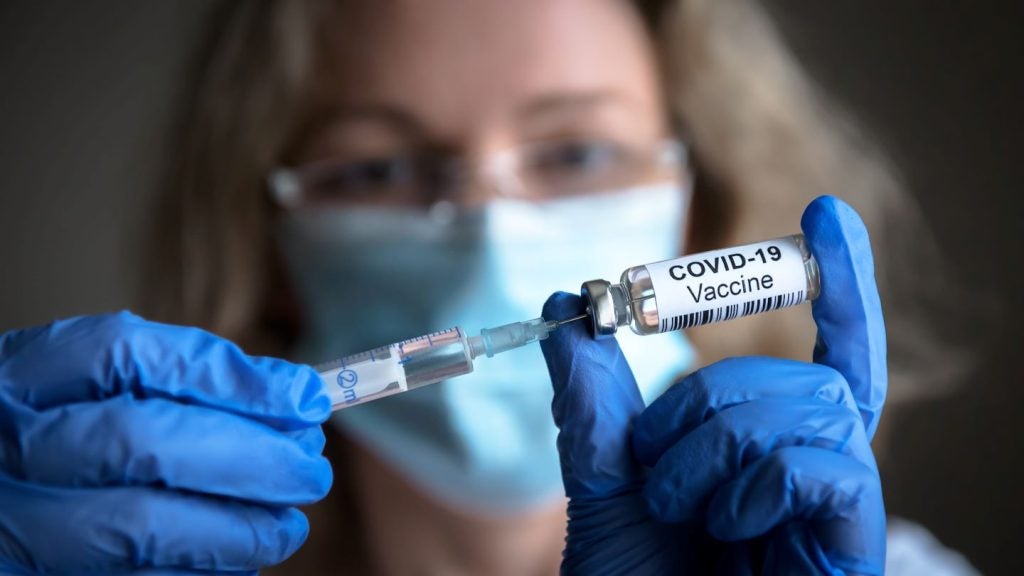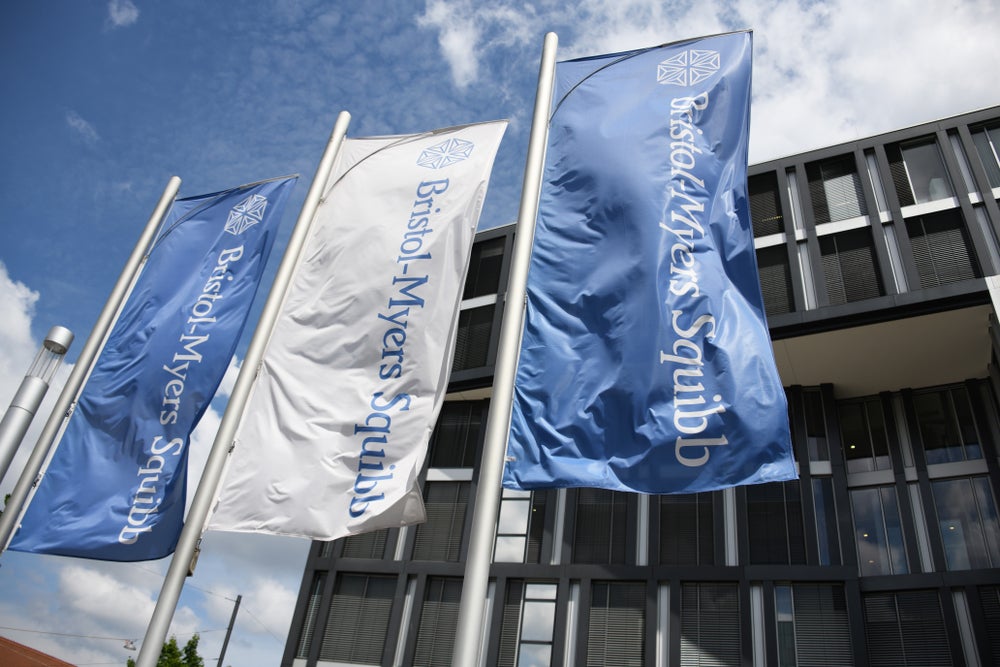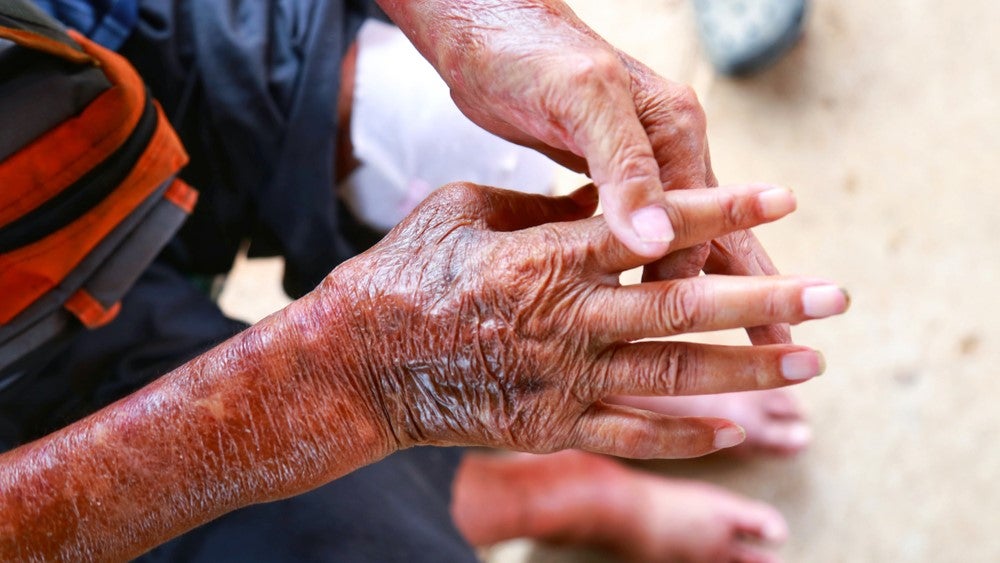
The UK Medicines and Healthcare Products Regulatory Agency (MHRA) has granted conditional marketing authorisation to Vertex Pharmaceuticals and CRISPR Therapeutics’ Casgevy (exagamglogene autotemcel), marking the world’s first approval of a CRISPR-based gene editing therapy.
Casgevy has been approved to treat patients with sickle cell disease with recurrent vaso-occlusive crises and transfusion-dependent beta-thalassemia aged 12 years or older, for whom a human leukocyte antigen (HLA) matched related hematopoietic stem cell donor is not available.
Also known as exa-cel, Casgevy is currently being evaluated by the US Food and Drug Administration (FDA). The Prescription Drug User Fee Act (PDUFA) target action date for the drug is set for 8 December in severe sickle cell disease and 30 March 2024 in beta-thalassemia, as per a 16 November press release.
Casgevy is a genetically modified autologous CD34+ cell population that contains clustered regularly interspaced short palindromic repeats (CRISPR) edited human haematopoietic stem and progenitor cells. These cells produce higher levels of foetal haemoglobin (HbF), which can remove the need for transfusion in thalassemia patients and prevent vaso-occlusive crises in sickle cell patients.
Casgevy is forecasted to generate $704m in global sales in 2029, as per GlobalData analysis.
GlobalData is the parent company of Pharmaceutical Technology.
The MHRA approval was based on two open-label Phase I/II/III clinical trial data evaluating Casgevy in patients with severe sickle cell disease (NCT03745287) and transfusion-dependent beta-thalassemia (NCT03655678).
The trials met their primary endpoint with 16 out of 17 sickle cell patients showing freedom from vaso-occlusive crises and 24 out of 27 thalassemia patients being transfusion-independent for at least 12 consecutive months, as per a 9 June press release. Casgevy’s safety profile is consistent with the current standard of care for the two diseases namely, myeloablative conditioning with busulfan and haematopoietic stem cell transplant.
Another gene therapy currently in development for treating sickle cell disease is bluebird bio’s lovo-cel (lovotibeglogene autotemcel), with the PDUFA date set for 20 December.
Cell & Gene Therapy coverage on Pharmaceutical Technology is supported by Cytiva.
Editorial content is independently produced and follows the highest standards of journalistic integrity. Topic sponsors are not involved in the creation of editorial content.


